Reviving Hope and Sustainability in Senegal’s Tocc Tocc Community Nature Reserve
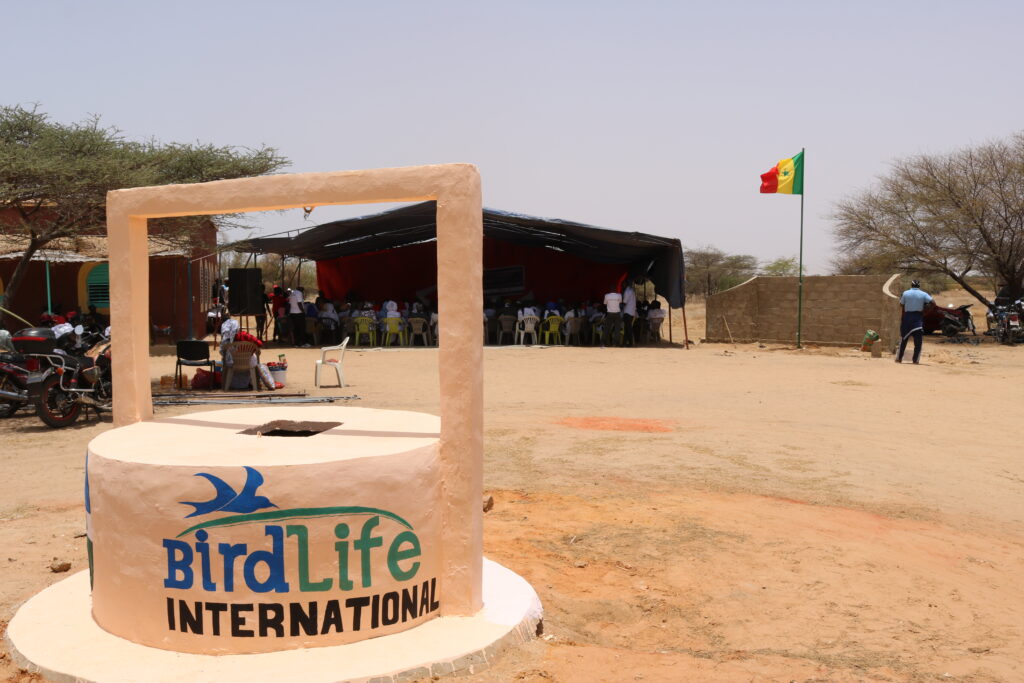
The project aimed at addressing environmental degradation due to human activities and climate change, leading to negative socio-economic impacts on local communities.
By Cheikh Bamba Ndao
Seated under a Baobab tree, Rougui Sow, is among a group of five women winnowing rice. Rougui works diligently, separating the rice from the huskies, pouring the grain from large, flat bamboo trays as the aroma of freshly winnowed rice permeates the sunny morning.
“In a day, we can process up to 20 bags”, Sow remarks loudly amidst the din of the rice processing machine in the background. She is part of a Women Group in the 273 ha Tocc Tocc Community Nature Reserve in Northern Senegal, which has benefited from the Alston funded project, implemented by Nature Communauté et Développement (NCD), BirdLife Partner in 2022.
The Participatory reforestation and green enterprises supporting community resilience project aimed at addressing environmental degradation due to human activities and climate change, leading to negative socio-economic impacts on local communities. It also focused on building local community resilience efforts through the restoration of ecosystems, capacity building on sustainable management of natural resources, and promotion of green entrepreneurship.
As part of restoring the ecosystem, the project focused on the removal of Typha (an Invasive weed) in seven ha of the reserve, converting it into bio fuel briquettes, supplementing fuel source in the local communities, in a country where “wood energy represents around 80% of the household’s energy consumption. The weed, was also used to construct fences for the women’s’ rice field”, explains Moussa Ka, NCD’s Northern Zone representative.
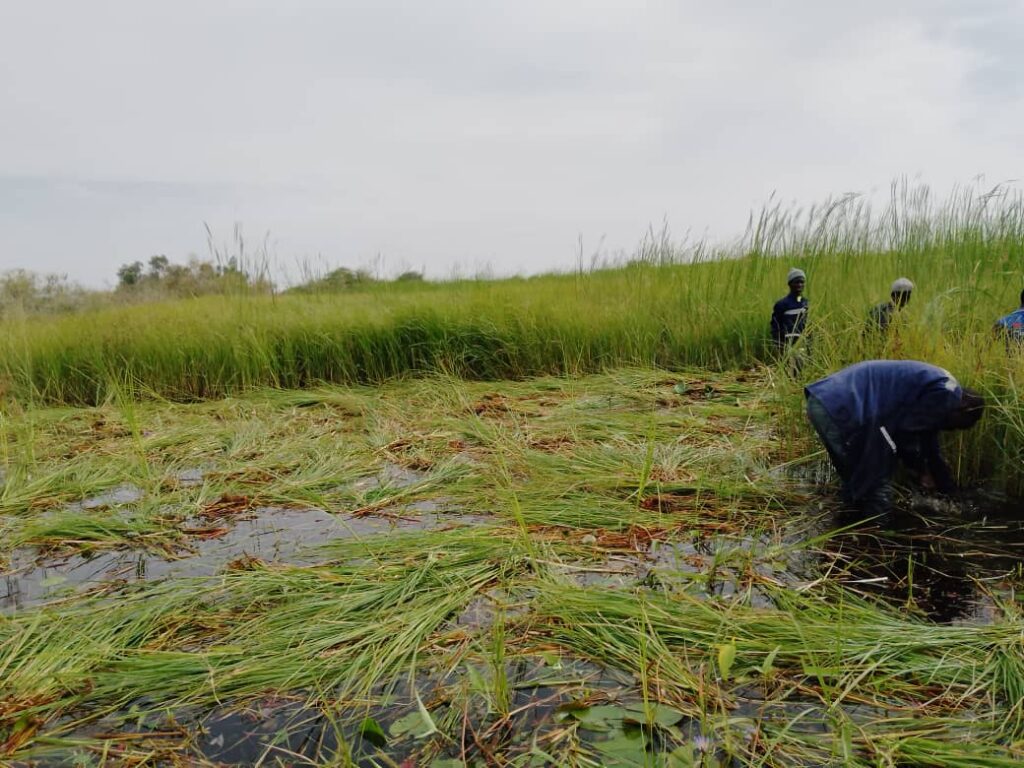
Reforestation was another key aspect of this project. More than 7000 high-value tree seedlings including Acacia radiana, Nebeday, Balanites aegyptiaca, and Acacia Senegal were reforested. In addition, a tree nursery was established with native tree seedlings including acacia, lemon, mango, papaya, filao, moringa and eucalyptus. Awareness creation was an integral part of this project. Through outreaches, at least 115 people were made aware of the importance of biodiversity and wetlands and have committed themselves to working for their sustainable conservation.
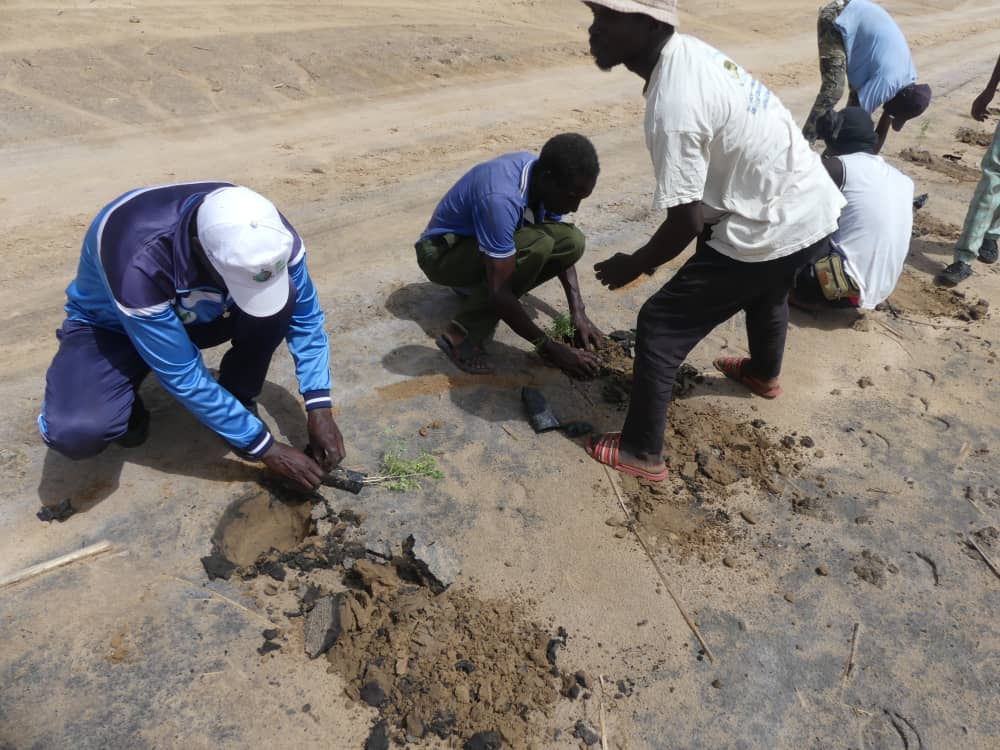
A key aspect of this project was the improvement of local community livelihoods through improving agricultural production, including rice processing, and creation of seven green micro enterprises for women in Tocc Tocc. To support the Reserve’s agroforestry initiative, a well was constructed through the project. Further, the project supported the refurbishment of an ecotourism camp in addition to subsidies to the green micro-enterprises. “We’re in a place that lacks everything. The training we have received has been very beneficial in the processing of local cereals, which provide us with an economic activity and a source of income” explains Aida Boh, president of the Women Group Sope Naby in the village of Pakh.
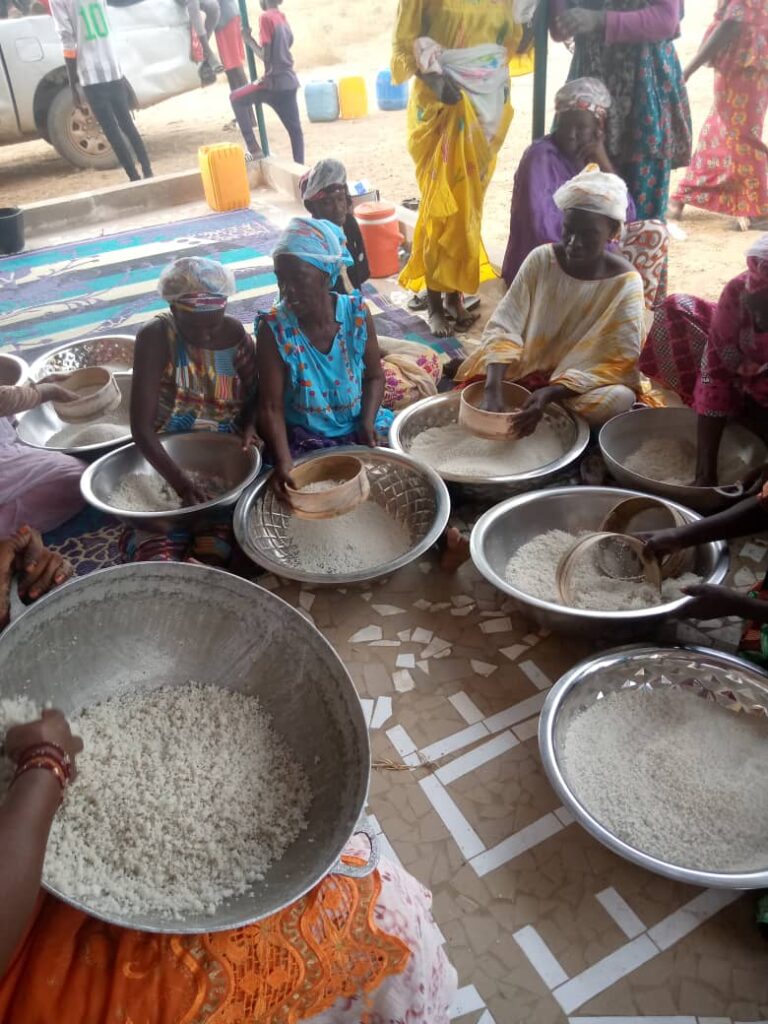
“Before the Alstom project, we did not know how to process rice, harvested from the paddy fields. Now we can process the rice ourselves. We’ve been initiated to agricultural techniques as well like composting, creating, and maintaining a tree nursery and processing non-timber forest products including soap and Senegalese incense (Gowé). Now, 20 women and 130 men are well versed in these techniques”, says Salimata Ba, General Secretary of Windou Thile Women Group Association.
To ensure sustainability, the reserve has been made operational all year round, and women groups have received training to promote non-timber forest products and market their local products. “The project contributed significantly to the Great Green Wall Priority Investment plan on land restoration, management and protection of biodiversity, integrated management of water resources, adaptation and climate change resilience, green growth, development and enhancement of promising local opportunities and food security”, notes Geoffroy Citegetse, East Atlantic Flyway Initiative Manager at BirdLife Africa.
Lessons learned include the need for addressing water access challenges, controlling Typha, and developing sustainable circular economies through ecotourism and community-based integrated agricultural farms.
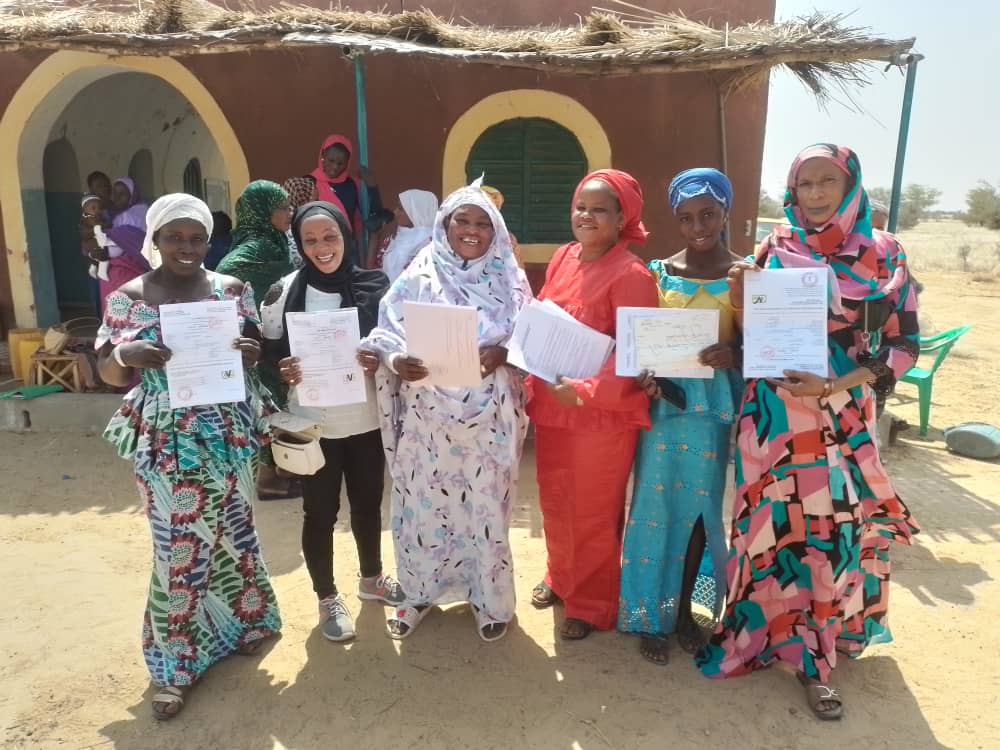
Overall, the Tocc Tocc Community Nature Reserve project has been a success, demonstrating the importance of community involvement, awareness-raising, and green entrepreneurship in promoting sustainable development and environmental restoration.
“The project has enabled us to provide the local population with a greater education in environmental culture. It has helped the community understand the benefits of safeguarding biodiversity. This will even boost tourism potential and generate financial income. The project’s achievement and lessons learnt should be replicated in other areas facing similar challenges”, concludes Ka.
Participatory reforestation and green enterprises supporting community resilience in the Tocc Tocc community reserve (Senegal) was funded by the Alstom Foundation

Header image: Local communities surrounding the Tocc Tocc nature reserve gathering during the celebration of the 2023 World Migratory Bird Day © BirdLife
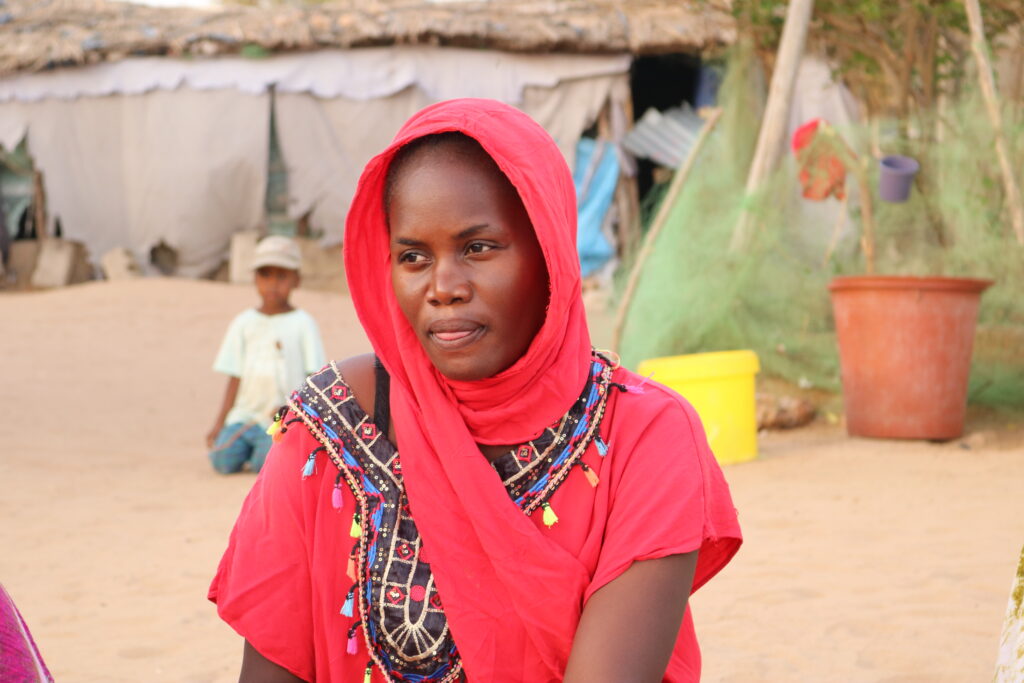
“Before the Alstom project, we did not know how to process rice, harvested from the paddy fields. Now we can process the rice ourselves. We’ve been initiated to agricultural techniques as well like composting, creating, and maintaining a tree nursery and processing non-timber forest products including soap and Senegalese incense (Gowé).”
Salimata Ba, General Secretary of Windou Thile Women Group Association
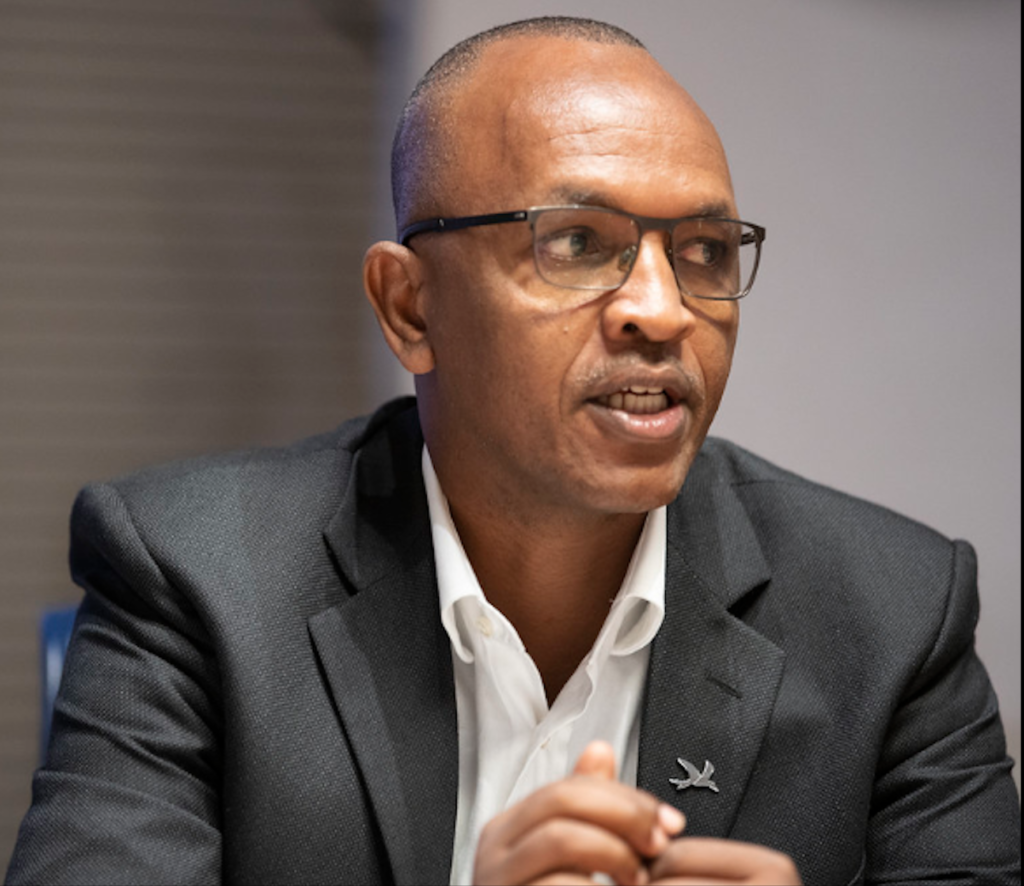
“The project contributed significantly to the Great Green Wall Priority Investment plan on land restoration, management and protection of biodiversity, integrated management of water resources, adaptation and climate change resilience, green growth, development and enhancement of promising local opportunities and food security.”
Geoffroy Citegetse, East Atlantic Flyway Initiative Manager at BirdLife Africa.